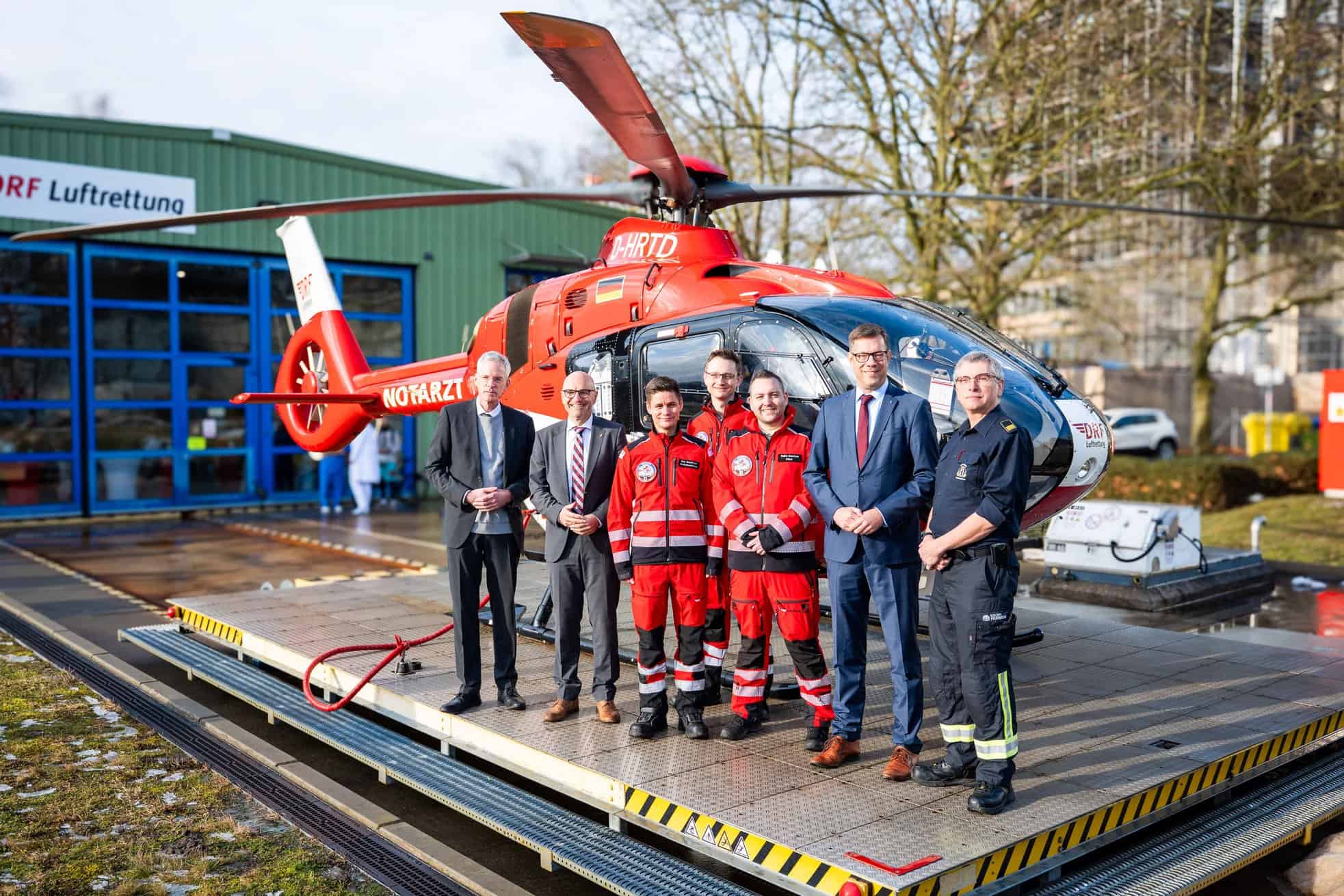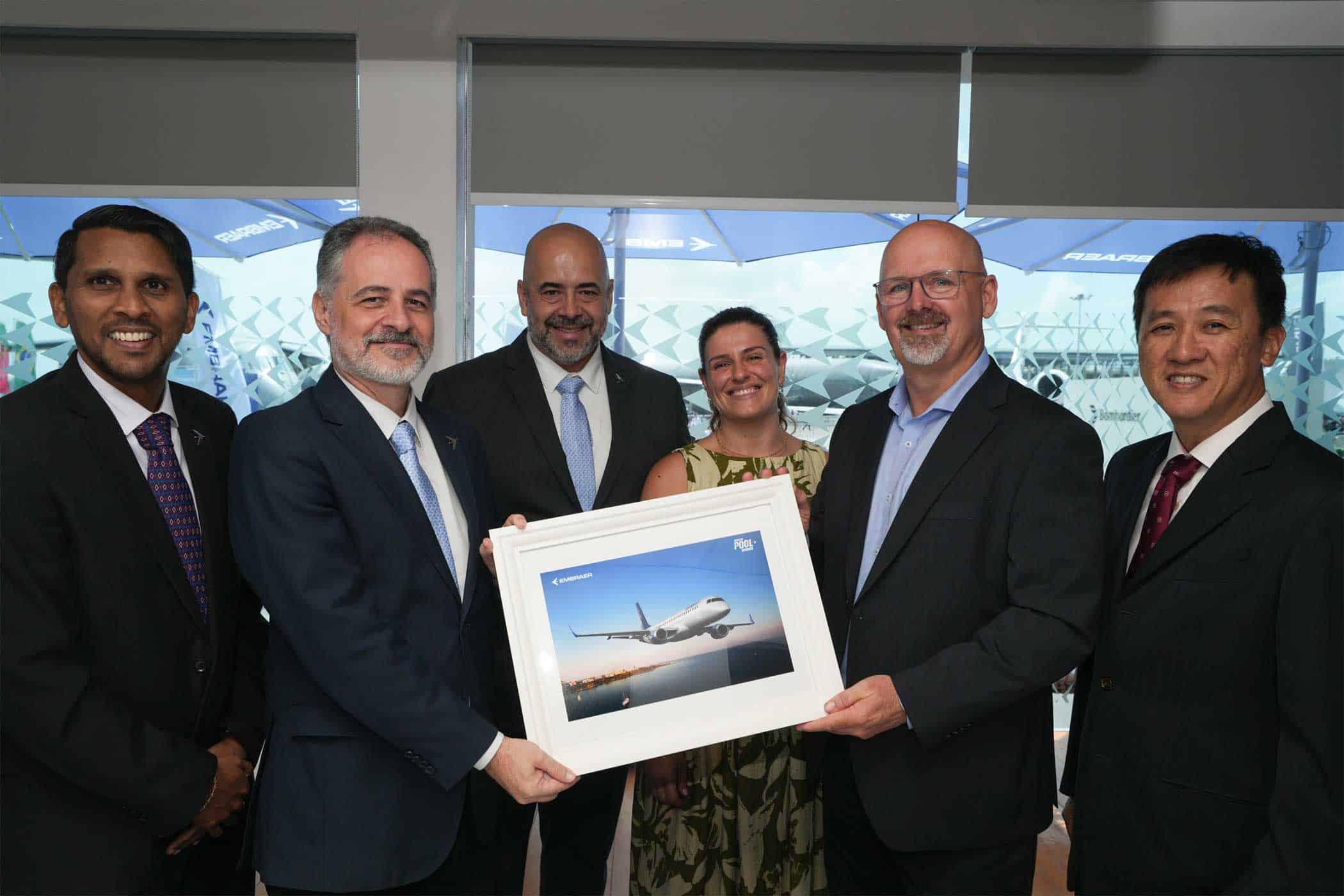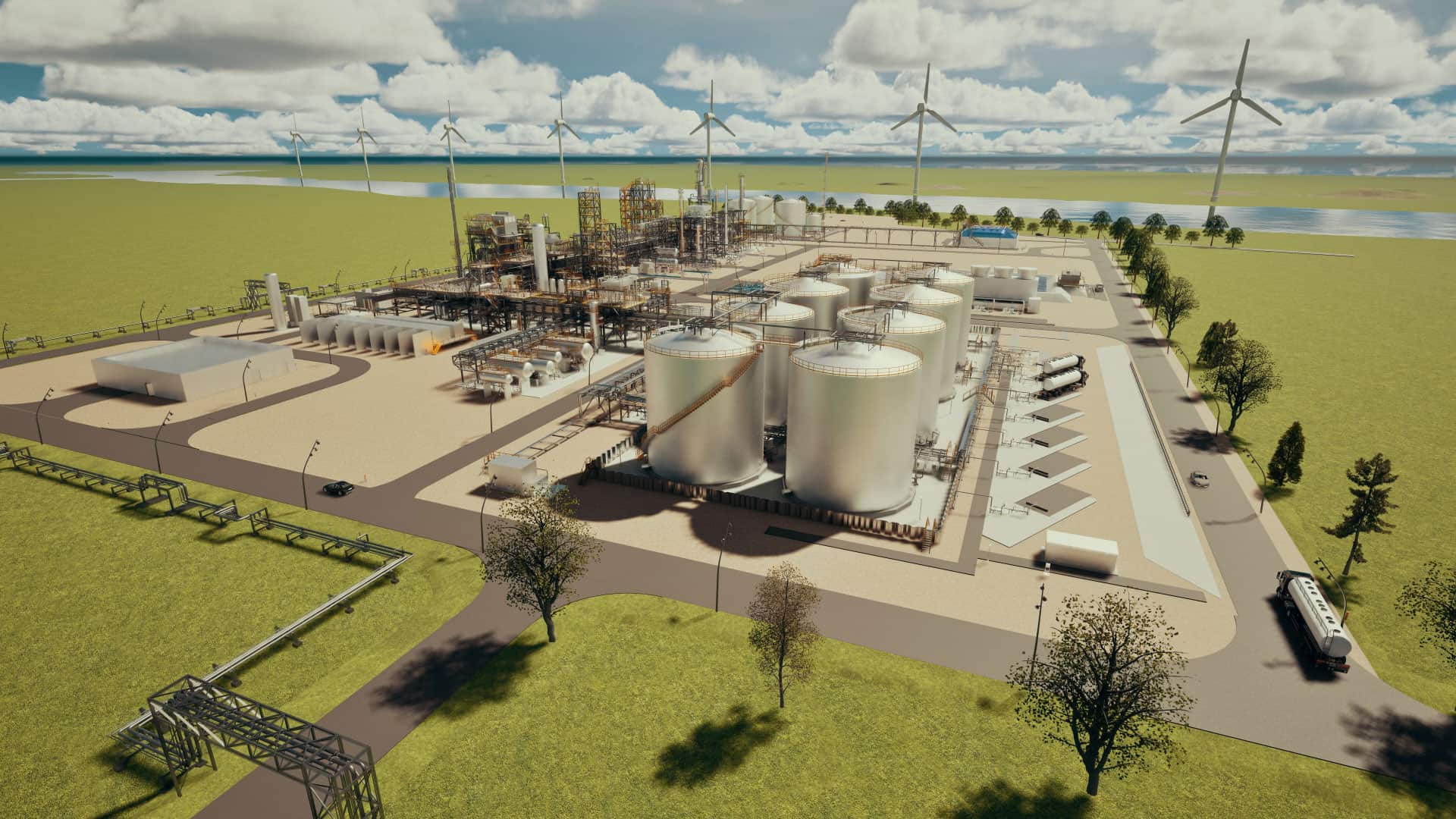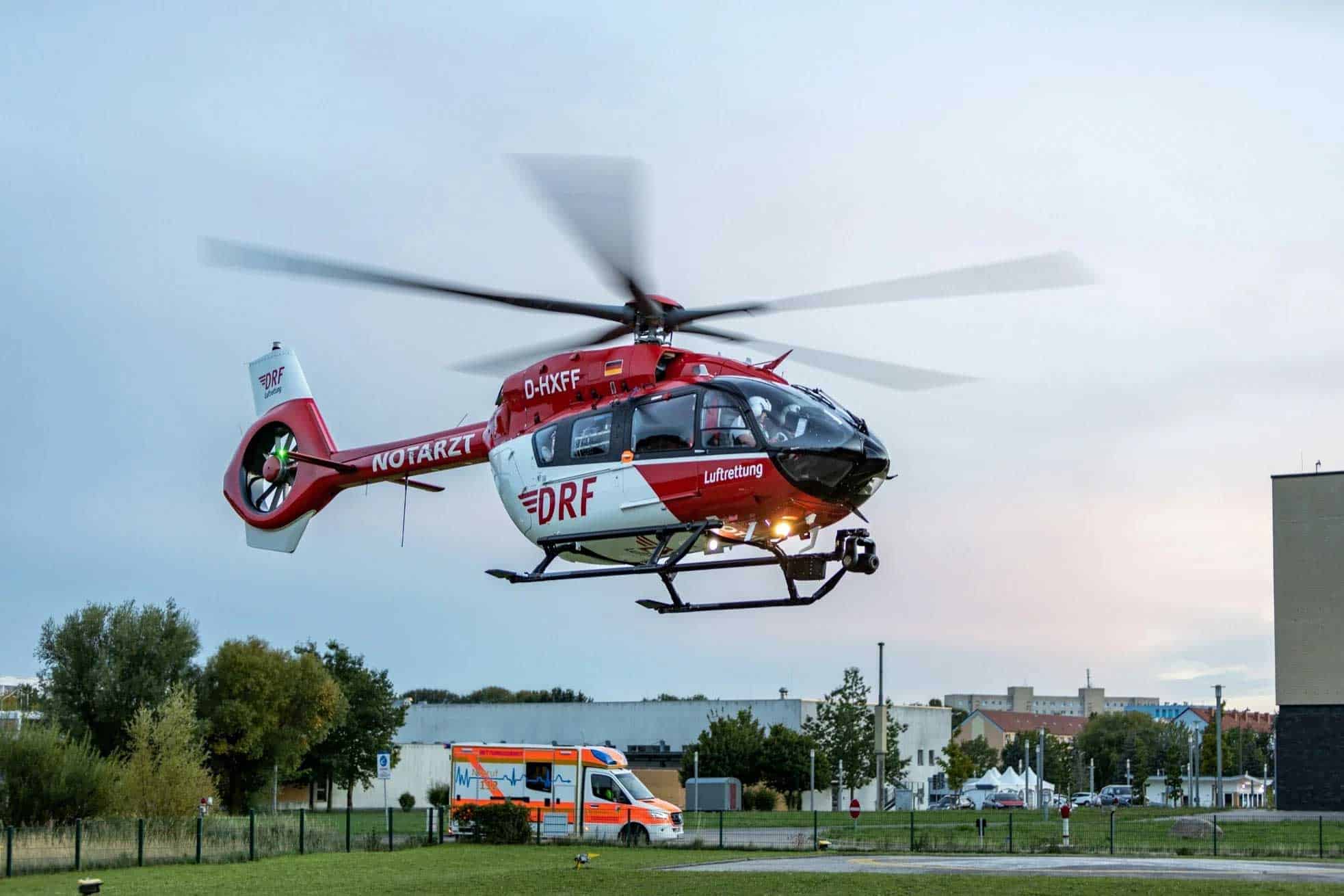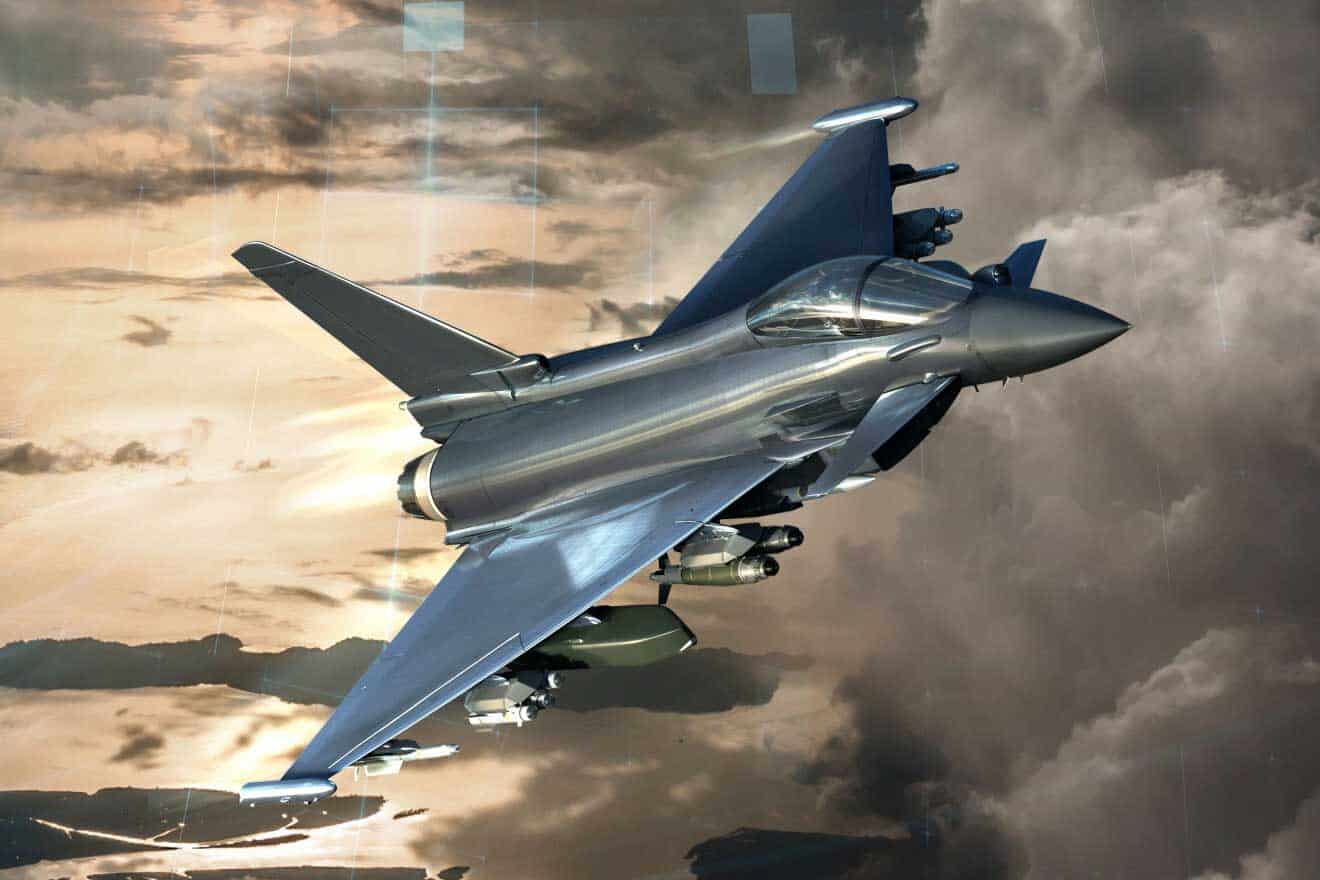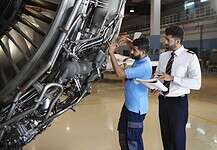This site is also available on:
Deutsch
Introduction to Air China Cargo’s groundbreaking decision
Air China Cargo, China’s only national air freight carrier, has taken a significant step by signing a purchase agreement for six state-of-the-art Airbus A350F aircraft. This decision makes the airline the first customer on the Chinese mainland to order the new A350F. This innovative freighter promises not only increased operational efficiency but also significant improvements in maintenance and risk mitigation for long-term operations. Air China Cargo Vice President Wang Hongyan emphasized the importance of this investment for the company and the entire air freight industry in the region.
The order underscores Air China Cargo’s commitment to equipping its fleet with state-of-the-art technology and leveraging sustainable and efficient solutions for the growing air freight market. With this move, the airline positions itself as a pioneer, setting new standards in capacity, flexibility, and environmental friendliness.
Technological innovation and performance of the Airbus A350F
The Airbus A350F is considered the world’s most advanced freighter and is specifically designed to meet the ever-changing demands of global air freight. This state-of-the-art aircraft offers an impressive maximum payload of up to 111 tons and a range of 8,700 kilometers, ensuring versatile deployment on international routes. Powered by efficient Rolls-Royce Trent XWB-97 engines, the A350F enables a reduction in fuel consumption and CO₂ emissions of up to 40 percent compared to the previous generation.
Of particular note is the use of over 70 percent advanced materials in the aircraft’s construction, resulting in a weight reduction of 46 tons compared to its competitors. This innovative material selection ensures greater efficiency and reduces the aircraft’s environmental footprint. Furthermore, the A350F boasts the largest main deck cargo door in the industry, enabling unprecedented loading flexibility and significantly streamlining ground operations.
Of great importance is the fact that the A350F is the only freighter to fully meet the stringent ICAO CO₂ standards for 2027. Furthermore, the aircraft is already 50 percent designed for the use of Sustainable Aviation Fuel (SAF), with the goal of achieving full SAF capability by 2030. Currently, the assembly of test aircraft is underway in Toulouse, further accelerating the introduction of this groundbreaking aircraft.
The role of Air China Cargo in the global cargo network and its expansion
Air China Cargo, headquartered in Beijing, occupies a leading position in the international air freight market. Since June 2025, the airline has operated a fleet of cargo aircraft in North, East, South, and Southwest China. This enables it to serve a broad regional market and provide businesses with fast and reliable transportation options.
The launch of 25 tailor-made cargo routes to key destinations and cities worldwide, including Asia-Pacific, Europe, the Americas, and the Middle East, significantly strengthens its global presence. Complementing its aircraft fleet, Air China Cargo maintains a dense network of over 1,500 international land transport routes, ensuring efficient access to cargo markets and providing substantial support for its customers’ logistics.
These extensive activities underscore the commitment to continuously expanding capacity and enhancing service quality through state-of-the-art aircraft technology and optimal network integration. The introduction of the Airbus A350F will play a key role in this and further strengthen the airline’s competitiveness.
Sustainability aspects and future prospects of air freight
The aviation industry is facing increasing pressure to reduce its emissions and implement sustainable operational practices. The Airbus A350F sets new standards in this regard through its high proportion of advanced materials and its efficient engines, which are significantly more environmentally friendly compared to older models. In addition to using Sustainable Air Fuel (SAF), the aircraft’s modern technologies meet the requirements of international CO₂ standards, thus substantially reducing the environmental footprint of air freight.
These developments not only benefit environmental goals but are also economically advantageous for airlines like Air China Cargo, as they reduce operating costs and ensure long-term competitiveness. The trend toward specialized and express freight also requires flexible and high-performance aircraft, such as the A350F. The combination of capacity, range, and environmental friendliness is a crucial factor for the future of the global air freight industry.
Global acceptance and market development
The introduction of the A350F is being followed with great interest by the aviation industry worldwide. By the end of October 2025, the A350 family had already received 1,445 orders from 63 customers, of which 74 were for the A350F from 12 customers. These figures reflect strong market acceptance and demonstrate the growing confidence in the advantages of this aircraft.
Increasing globalization and the growing demand for fast and secure transport options are driving continued growth in the air freight industry. The new generation of freighters will therefore play a crucial role in meeting these rising demands while simultaneously promoting sustainable standards. With its decision to choose the A350F, Air China Cargo has positioned itself strategically to benefit from these developments.
Conclusion: A crucial step for Air China Cargo and the air freight industry
With the order of the Airbus A350F, Air China Cargo is solidifying its role as a pioneer in the air freight industry, focusing not only on technological innovation but also on sustainability and efficiency in all business areas. This investment will enable the airline to remain stable and competitive in the long term, while simultaneously meeting the demands of a rapidly changing market.
Strengthening the freighter fleet with the new A350F aircraft will improve operational efficiency, reduce the environmental footprint, and create flexibility in capacity planning. Furthermore, the sustainable development opportunities with SAF and compliance with future CO₂ standards ensure that Air China Cargo will continue to play a leading role in innovative and responsible air freight solutions.
This strategic decision impressively demonstrates how modern aviation technology and entrepreneurial vision can work together to achieve both economic and environmental goals – a combination that is indispensable for the future of the global air freight industry.

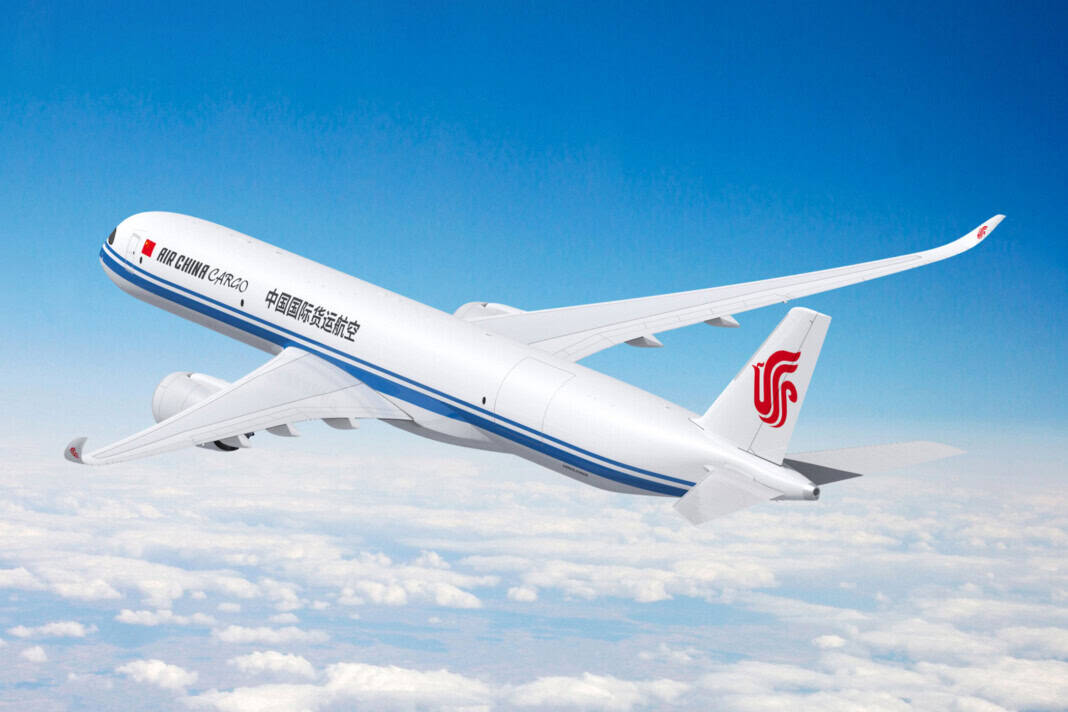
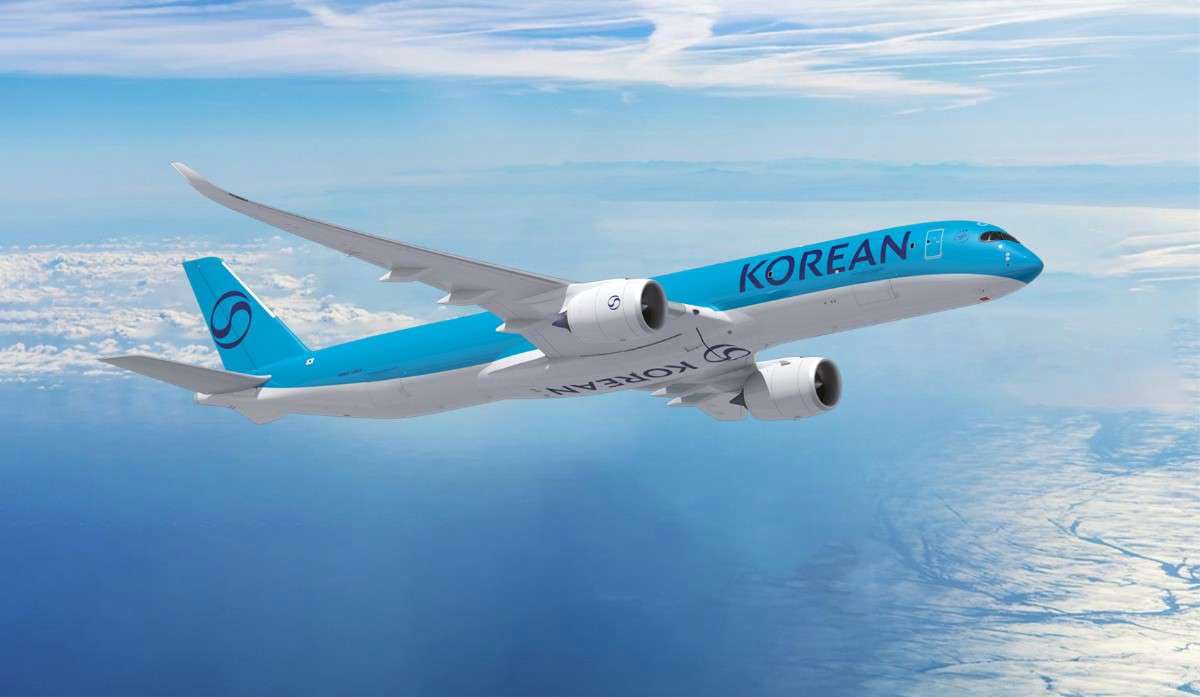 Korean Air expands its freighter fleet with a new A350F model from Airbus
Korean Air expands its freighter fleet with a new A350F model from Airbus Impulses for the air cargo industry: Swiftair is a new member of the BARIG Air Cargo Community
Impulses for the air cargo industry: Swiftair is a new member of the BARIG Air Cargo Community